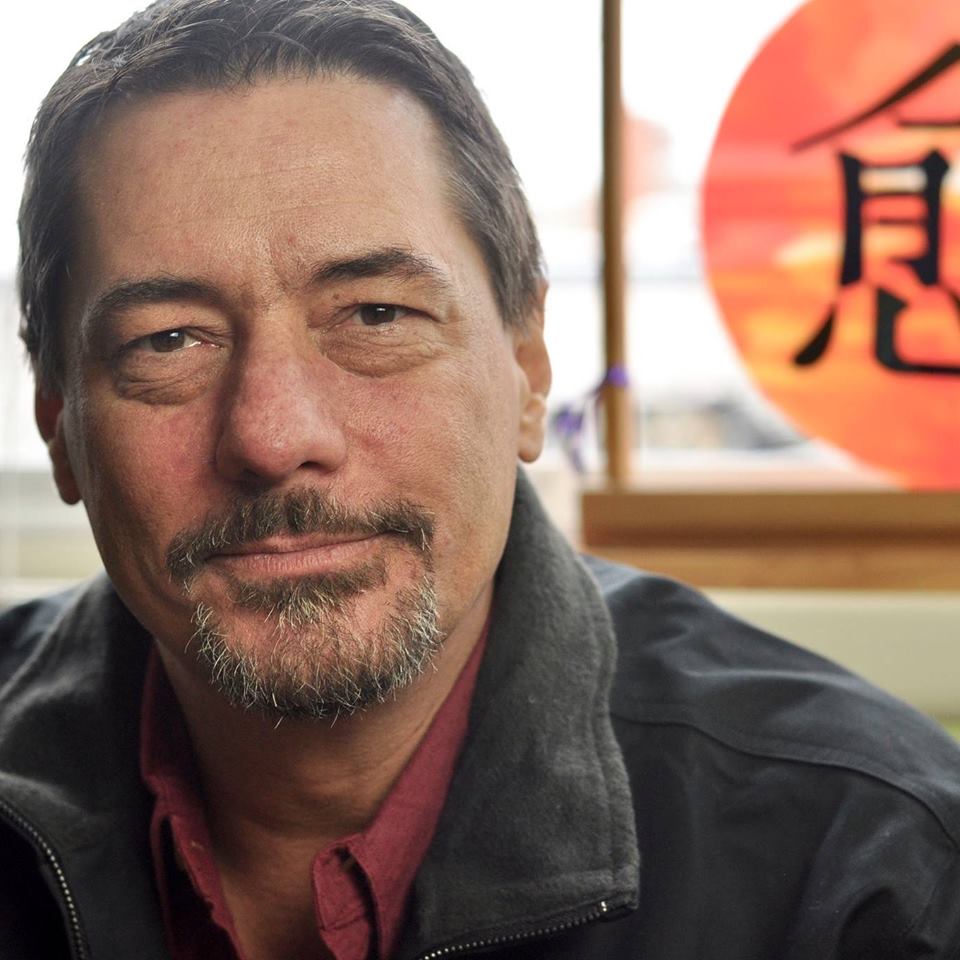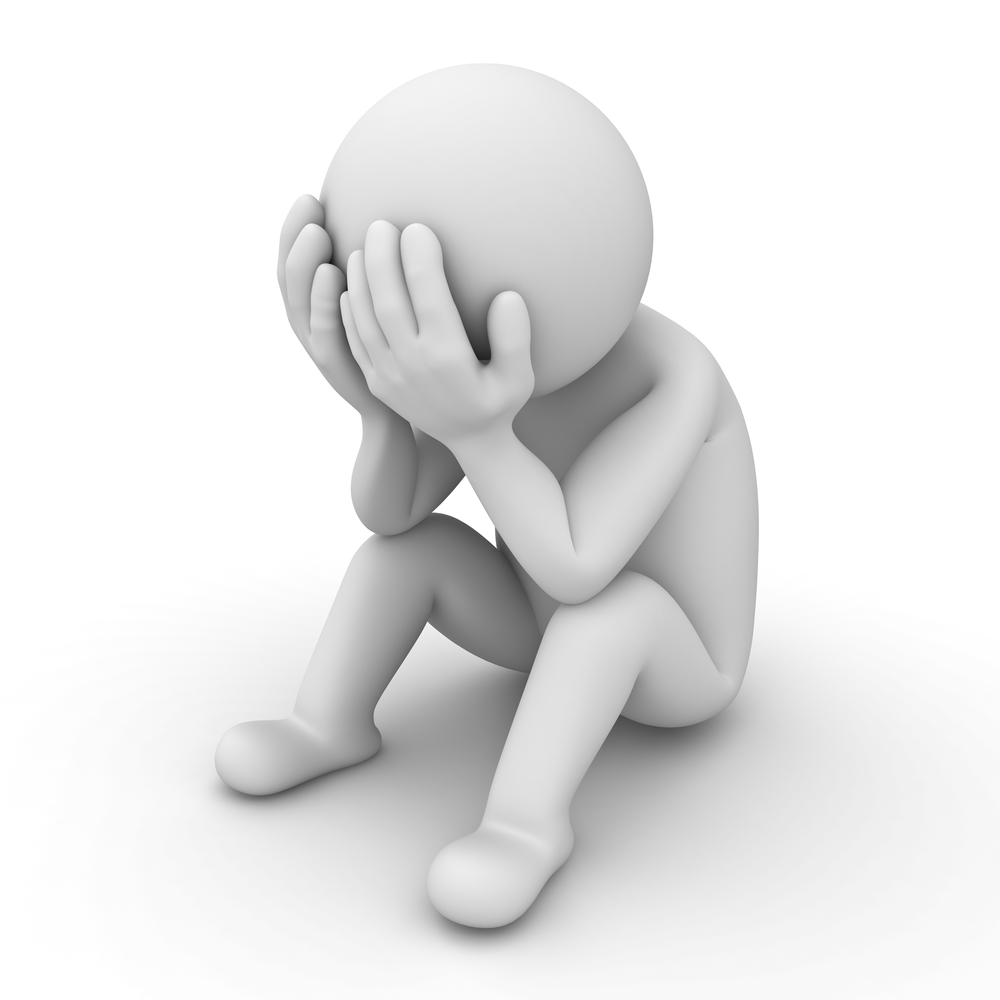The Four Wounds of Trauma
The Fourth Wound is Existential Pain.
Losing your social connection is heartbreaking. Losing self-trust is soul-crushing.
This wound is the most destructive and crippling in the long term.
In the worst moments of your life, who let you down the most?
If you were mistreated by the people who you instinctually believed were there to help you learn, feel safe, and grow, what does that imply about you?
It says a lot more about them, but as children, we need to fit in to survive.
If the people guiding you through your journey of dependence to autonomy could not be trusted, if they could not teach you to trust yourself, how can you truly trust yourself?
What reason explains why these things happened and why you could not do anything about it?
The Fourth Wound is a belief.
The life-altering and self-limiting belief that there is something fundamentally missing or wrong with you.
This loss of innate self-trust, adaptability, and the belief that you are less, or damaged, or unworthy is how abuse works.
This wound creates a disconnection from the wisdom, love, and aliveness of your authentic self – and, perhaps your Soul.
If you feel that the Fourth Wound has stolen your life – that is exactly how it feels.
It is like being in a low-grade state of shock. ALL THE TIME!
The existential pain of being alone, wounded, and disconnected from your authentic self-trust drives most people into lives of reactivity, control, anxiety, and all too often, addiction.
If you have experienced all four of these wounds in your life, there is hope.
In my experience, as a clinician and as a patient, the Somatic forms of counselling combined with embodied practices like Qi Gong, Yoga, and Breathwork are the most effective and beneficial.
Most spiritual practices are centred around regaining your Autonomy, Adaptability, Coherence, and sense of Belonging.
These ancient traditions and skills from around the world seem to agree that the point of life is to be your authentic self. They seem to believe that the default setting for sane and healthy humans is respect and reciprocity, kindness and generosity.
I have come to the humbling understanding that these traditions came into being because people have sought solace from the effects of the Four Wounds of Trauma for thousands and thousands of years.
If you ignore this part of your life, especially when your body is sending you all kinds of emergency messages, unresolved trauma will become the most destructive and relentless force behind the progress of your illness or addiction.
We all need environments and social opportunities that are safe and meaningful.
We all need practices and support to literally, or figuratively, shake off the wounds of the past.
We all need social environments that are predictable and collaborative enough to bond with and find belonging.
We all need to trust ourselves, or our lives become a comedy of errors or a tragedy of lies.
Each of the Four Wounds of trauma is experienced as unconscious pain and as personal suffering. Yes, there is a difference. I believe the Buddha once implied something close to this quote.
“If you can bring compassion to your suffering you will meet your pain. If you bring compassion to your pain, you will be free from suffering.”
Qi Gong – Lesson Four
Sometimes stillness is only found in the eye of a hurricane.
Try this…
Lie on your back with some support for your neck and knees.
Get comfortable with the first three lessons.
Can you feel ready when your body wants to run?
Can you reinhabit your body instead of finding ways to numb out?
Can you sit and feel into the dark places and let your tears flow?
Inhale.
Breathe deeply into your belly, then fill your chest.
Exhale.
Empty your chest then empty your belly.
Feel into your belly and diaphragm.
Fill your belly and chest – front and back – side to side – up and down.
Breathe as if you are preparing to hold your breath for as long as possible.
Continue for about 5 minutes.
As you begin to feel ‘floaty’, exhale slowly while sinking with gravity. Sigh or moan or yell if you need to.
Hold your breath by releasing all tension and intention from your diaphragm.
This is about finding your true self within a hurricane of ancient existential pain.
Breathe in slowly. Find the eye of your hurricane.
Accept your Self. Accept the truth of your life.
Accept that you are carrying a burden that needs to be put down. accept the existential pain, the loss of trust, the comfort-seeking and hy[pervigelance.
Accept that you have been made to feel less than who you really are.
If you can accept it – the pain loses control over your life, behaviour and choices.
Thank you for reading this.
This journey through trauma and recovery is more about the direction than the destination. Each of the Four Wounds of Trauma is about trying to control pain and harm. Addiction is always about avoiding and controlling pain. Trying to control the outcome of this journey is a distraction from the inner work, presence and compassion that it actually takes to walk this long road.
I developed this process because I have walked this journey.
The doorway to freedom is feeling the hurricane of instinctual, visceral, and existential confusion and pain.
If this article has touched you, you are open to feeling your life more authentically. If you can, find a Qi Gong class nearby, or try an online course. There are many reasons that Qi Gong is taught and practiced all over the world.

